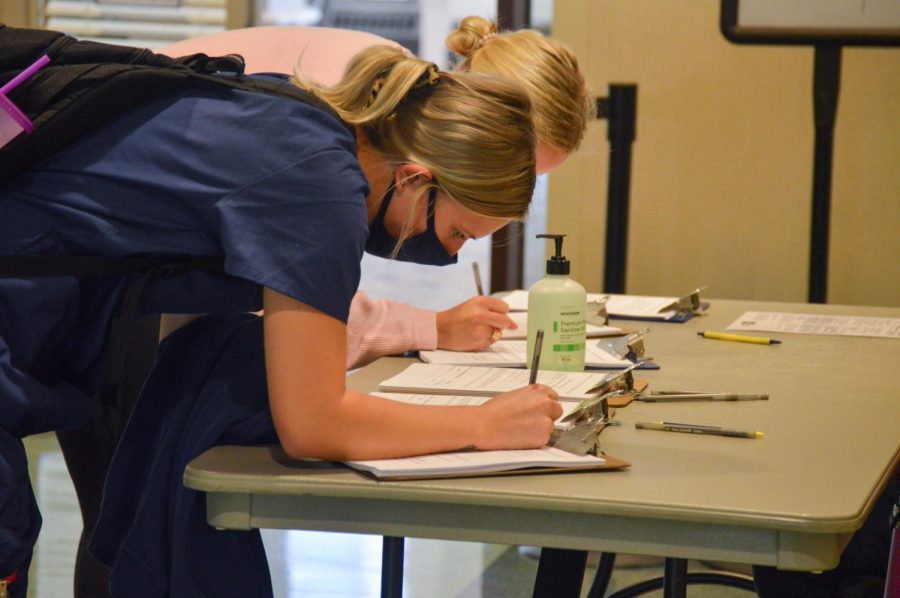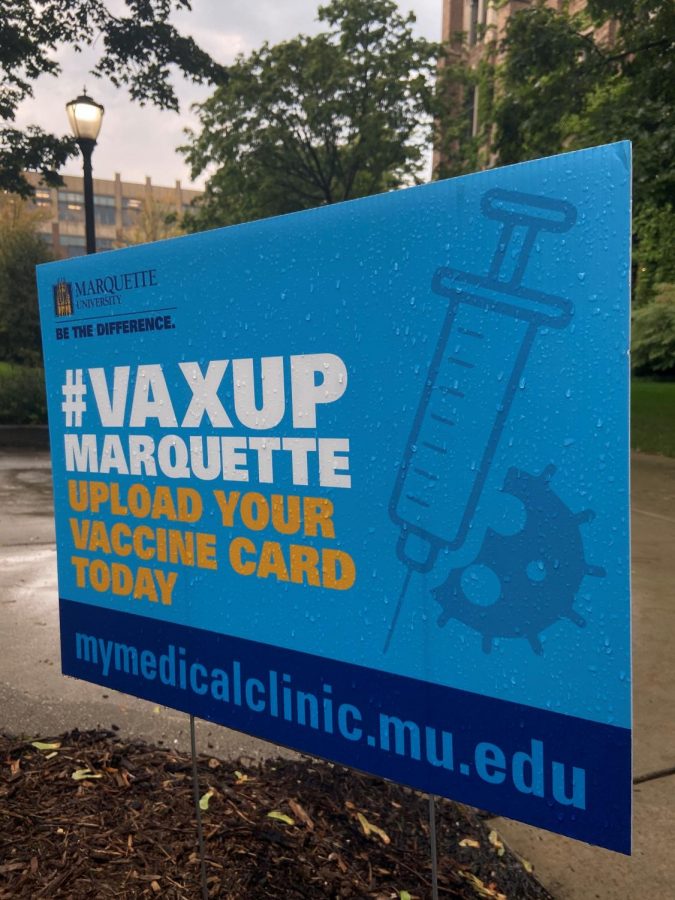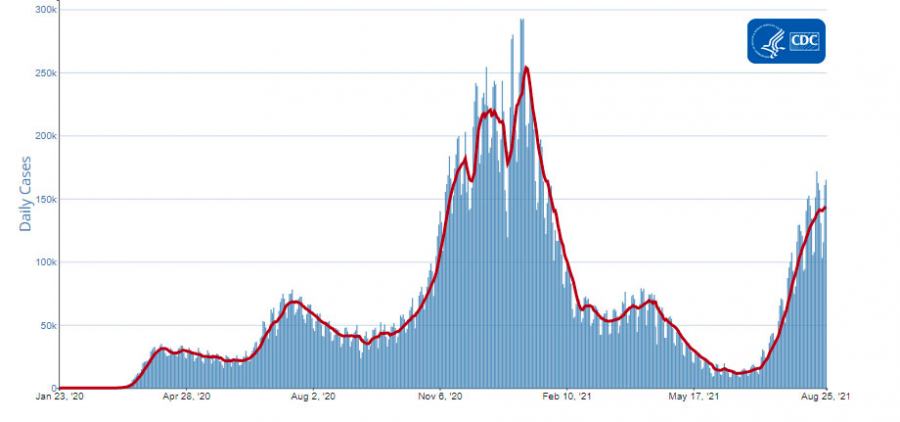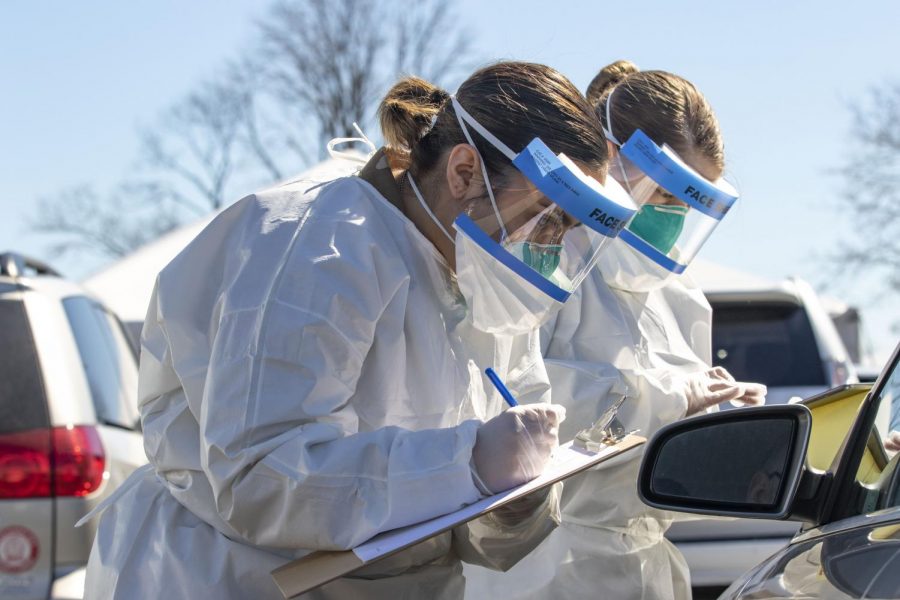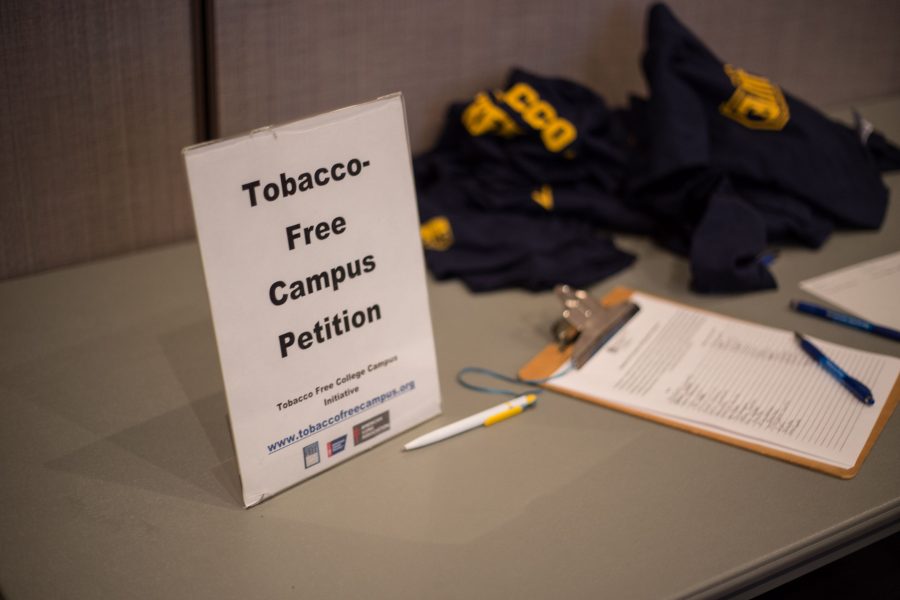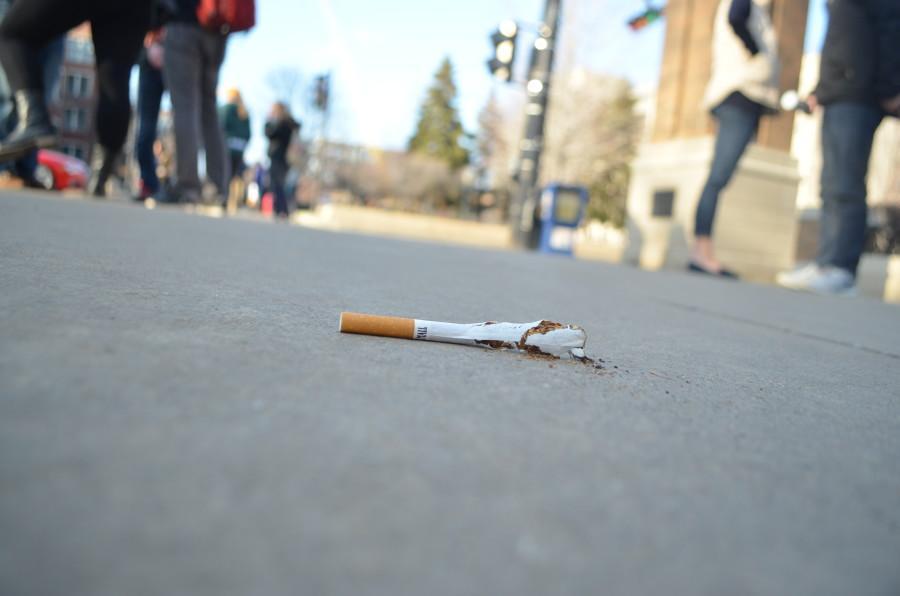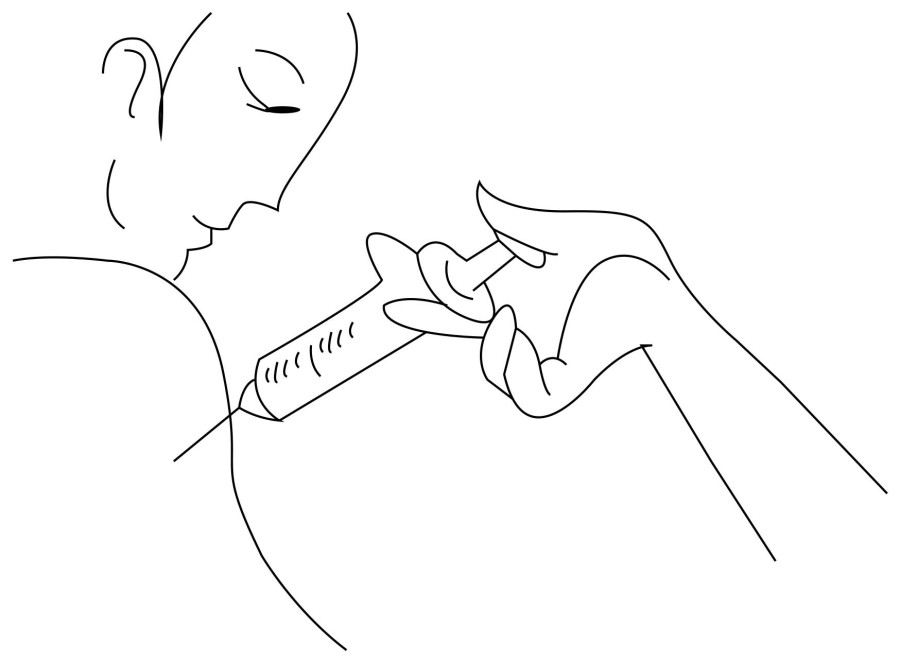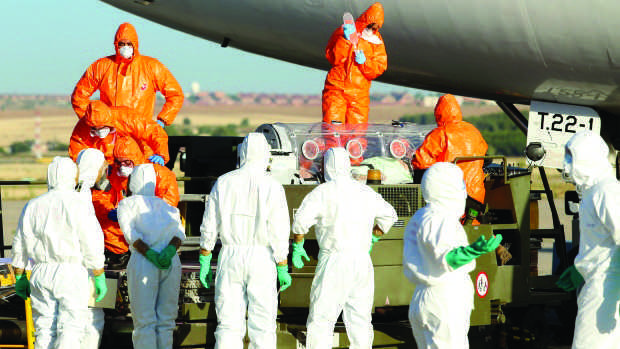 Since the first case of Ebola appeared in Dallas last month, national dialogue is mixed. Do we ignore its severity, tell ourselves it will never happen to us and go about our daily lives, or do we start investing in hazmat suits and sanitize anything and everything with which we come into contact?
Since the first case of Ebola appeared in Dallas last month, national dialogue is mixed. Do we ignore its severity, tell ourselves it will never happen to us and go about our daily lives, or do we start investing in hazmat suits and sanitize anything and everything with which we come into contact?
The Ebola virus has a terrifying connotation; for many, it evokes images of once-healthy individuals being reduced to bleeding, feverish sufferers with no known cure. The constant media coverage of the epidemic, with images of medical workers in full body suits spraying corpses down with bleach, only adds to an already growing paranoia. Most depictions come from African nations like Liberia, Sierra Leone and Nigeria, countries with high numbers of cases, but they contribute to the reality that this disease spreads – and fast.
While many seem to believe that this epidemic will take over the United States soon and we can panic now, it probably is not the case. The most important thing to do during a time like this is simply to remain calm and to think rationally about the situation.
The Centers for Disease Control and Prevention have been reassuring the public that the chances of Ebola spreading in the U.S. are very low, as the disease is not so easily transmitted as airborne diseases like the flu. Indeed, in 2009, we powered through the H1N1 pandemic, which, by this logic, was far more worrisome because of the virus’ airborne nature.
Ebola is relatively difficult to catch if one takes the necessary precautions to avoid it. The virus is transmitted via bodily fluids (blood, sweat, feces, semen, etc.) from a person already displaying symptoms of the virus. With proper education, individuals who demonstrate symptoms of the disease could quickly seek medical attention and avoid passing their body fluids to another individual. Not to mention, with cold and flu season creeping up on us, sharing fluids with others may be a practice we will want to set aside for a few months anyway.
I hope I am not erring gravely when I claim that Ebola probably will not wipe out the entire nation. Our medical practices and facilities are some of the best in the world, and ever since the epidemic began in West Africa, our institutions have helped in the fight against the disease. So long as we approach the virus smartly and practice healthy habits — we should do so during this time of year anyway —odds are we will not see medical workers in hazmat suits patrolling our streets any time soon.
However, we must also remember that while we have the resources to prevent the spread of Ebola, we must also keep in mind our fellow men, women and children in West Africa who continue to suffer from the disease. Though the virus may not affect us directly, we must respond to its effects. As we work toward isolating and curtailing the virus in the U.S., we must also work toward finding a solution for this global problem. By continuing to promote proper sanitation and making smart decisions when we come into contact with sick individuals, we can help limit the effects of this phenomenon quickly.


